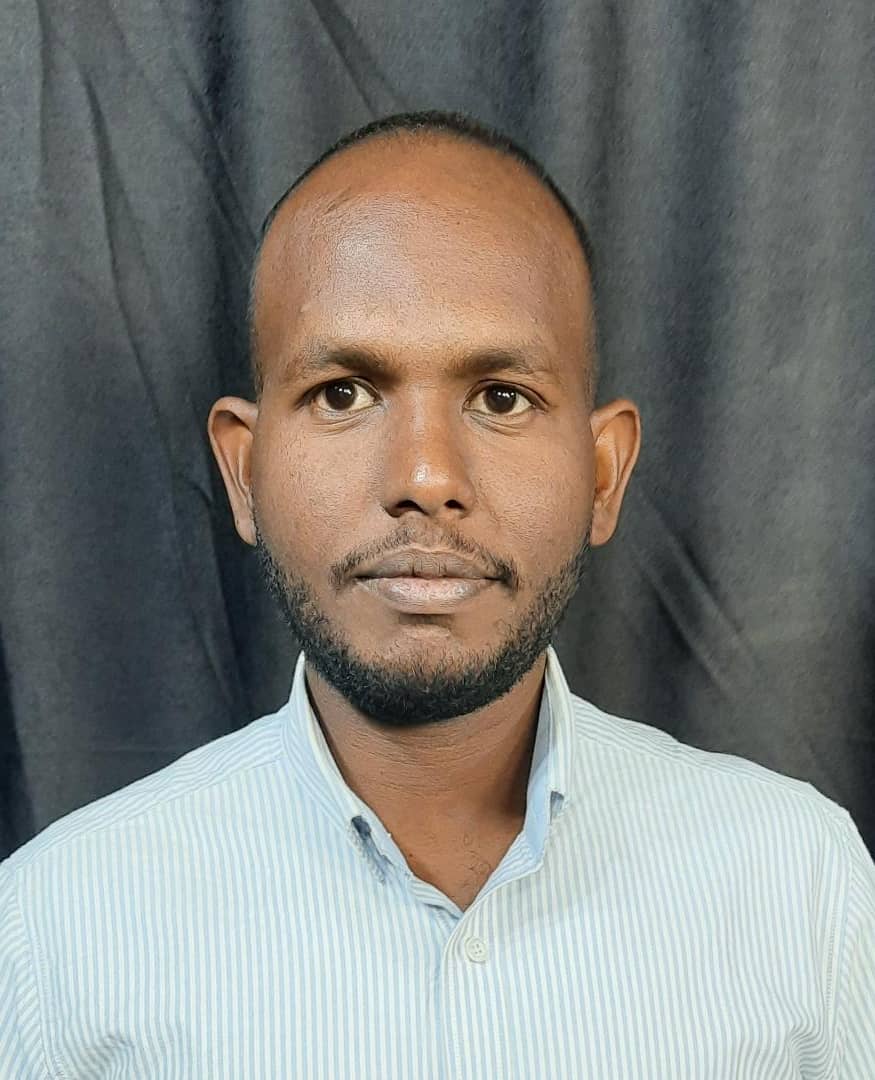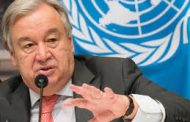By : Musab Ibrahim
Demonstrations are still continuing in Sudan and in some cities of Sudan and the capital, due to the procedures taken by the commander of the Sudanese army, Abdel Fattah Al-Burhan, by declaring a state of emergency on October 25 and signing an agreement with Abdullah Hamdouk on November 21 to return again as prime minister, The streets were angry at the proceduers that took place on October 25, and the political scene was still complicated until Abdullah Hamdouk resigned on January 3. The security forces raised the degree of preparedness and confront the demonstrators, while the matter was exacerbated by the fact that the commander-in-chief of the army granted a mandate to the security forces, including the Security and Intelligence Service, to carry out arrests, searches, oversight and seizure of funds with unlimited powers. The streets kept ask and demonstrate to topple the regime again, the response was great from the citizens, and many, more than 1,000 thousand citizens, came out in the capital, and more than 13 states of Sudan came out. The same context repeated was no negotiation, no partnership, no dialogue
They demonstrate to bring down the regime, as the street rejected the military component and described the procedures that took place on October 25 as a coup, and after the Commander-in-Chief allowed to army, National Security and Intelligence Service. it became a coup of the entire staff and the civilian component was excluded from the political scene.
The Freedom Force and , Resistance Committees called for millions of people twice a week and called for revolutionary escalation and civil disobedience in rejection of what is happening. In all demonstrations, the streets lose lives due to the excessive repression of the security forces against the demonstrators, which increased the anger of the streets towards what is happening.ther were 6 initiatives were put forward, including the initiative of the United Nations, the African Union and others from South Sudan, and internal initiatives from the Umma Party and directors of Sudanese universities in order to get Sudan out of this political crisis and in order to find a solution that satisfies both parties, the military component and the civilian component.









